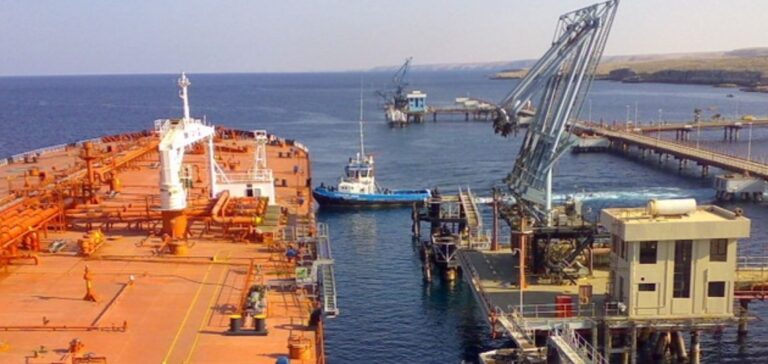Oil ports in eastern Libya, including Brega, Es Sider and Marsa El Hariga, are gradually reopening for crude oil loading, according to vessel tracking data and industry sources. After several weeks of stoppage caused by internal political tensions, this resumption marks a significant step in the recovery of Libya’s oil industry.
Talks between rival factions under the aegis of the UN seem to be encouraging a gradual normalization of exports.
Initial shipments include one million barrels of Sarir crude to Greece and 600,000 barrels of Abu Attifel to Malta.
This recovery remains partial, however, with some areas such as Ras Lanuf still awaiting full reopening.
Zueitina, meanwhile, is preparing new loading slots after recently welcoming a vessel.
The flow of crude from some oil fields to ports has not yet been fully restored, making the situation uncertain.
Political context and market implications
The closure of Libyan ports and oilfields at the end of August followed a conflict between the rival governments of Tripoli and Benghazi, triggered by an attempt to dismiss the governor of the central bank. This situation led to a drastic reduction in crude oil production, representing a loss of 725,000 barrels per day, or 63% of national production, according to Commodity Insights estimates.
Libya’s oil sector, a major source of revenue, is particularly vulnerable to internal political fluctuations.
UN-led talks led to a temporary agreement in early September, with a commitment by the parties to appoint a new central bank governor within 30 days.
This development encourages some optimism for a more stable recovery in crude oil exports, but the situation remains fragile, influencing global oil markets.
Impact on Price Differentials
The uncertainty surrounding the resumption of Libyan exports is having a direct impact on the prices of competing Mediterranean sweet crudes such as Azeri Light and Saharan Blend, which are seeing their differentials climb.
On September 9, Azeri Light reached a premium of $3.77/barrel over Dated Brent, its highest level since January.
Oil markets, reacting to developments in Libya and other regional factors, continue to watch closely for signals of full recovery or further disruptions.
Scheduled maintenance in October at Kazakhstan’s Kashagan oilfield is adding further pressure on light crude supplies in the region.
Murban crude differentials remain high, accentuated by production disruptions in Libya.
These market dynamics demonstrate the continuing sensitivity of prices to the Libyan situation and the dependence of the global oil sector on key sources of supply.






















